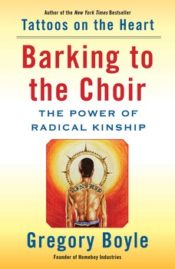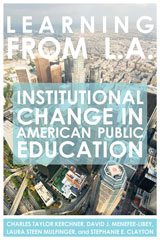Further Thoughts About Teacher-Run Schools
Posted on | February 1, 2013 | Comments Off on Further Thoughts About Teacher-Run Schools
The discussion about teacher-run schools prompts me to jot a bit about why I am fascinated by this small, iconoclastic form of organization.
I am, first of all, simply charmed by the schools I visited. They are interesting places full of interesting people—both faculty and students. There is a vibe and intensity to being there. At the same time, it is easy to recognize that these schools are not for everyone. Not all students thrive in them; not all teachers would want to work in them.
Why, then do we care? Teacher-run schools demonstrate capacity. They demonstrate that both teachers and students have much greater capacity to monitor and control their own work than the existing system asks for or allows. They create schools that are flexible and responsive rather than built around layers of regulations, compliance mandates, and inspection.
When teachers run their own schools, the pedagogy is different. The word authentic became trite education-speak, but it applies well to the teacher-run schools I visited. Students do real work and real projects. The schools have classes when they need them: direct instruction, after all, is a fairly efficient way of transmitting information. But for the most part, students work on doing, building, creating, and for the most part they are not bored while they are working. School actually motivates students.
Assessment is different, too, rooted in examination of student products and an overall sense of whether the student is thriving and making progress, the education equivalent of holistic medicine. These schools do not exist for the purpose of test score maximization.
When teachers run their own schools, they create better jobs for themselves, but not in the selfish sense. Because they understand the economics of the school at its elemental level, they temper self-interest, often denying themselves raises. They live in a more fragile economy without the job protections that civil service provides for teachers in district schools. They work hard, and frequently long. And nearly all the teachers I talked to said that the jobs they have now are the best ones that they had ever had. Less security and more satisfaction create an interesting juxtaposition.
The craft skills these teachers display are much more consistent with 21st Century information production than they are with early 20th Century industrial production, on which contemporary school systems are modeled. And the organization skills create small, cellular units capable of independent operation. That’s fascinating because it suggests creating a teaching occupation that is consistent with how people access and use information in our age.




